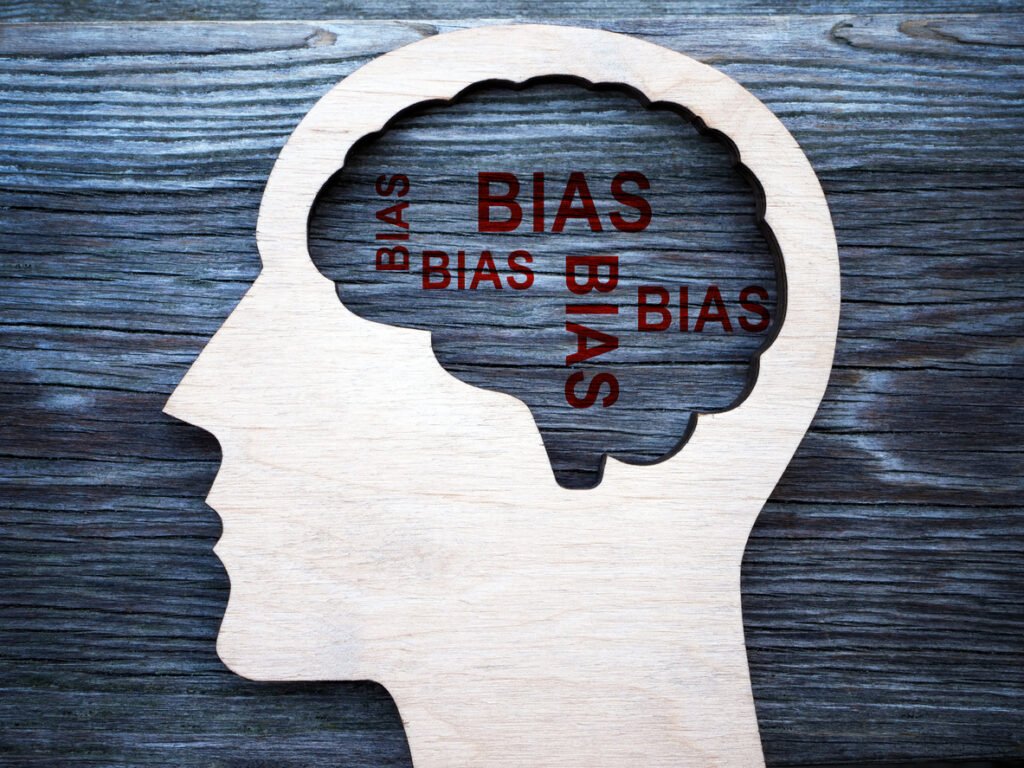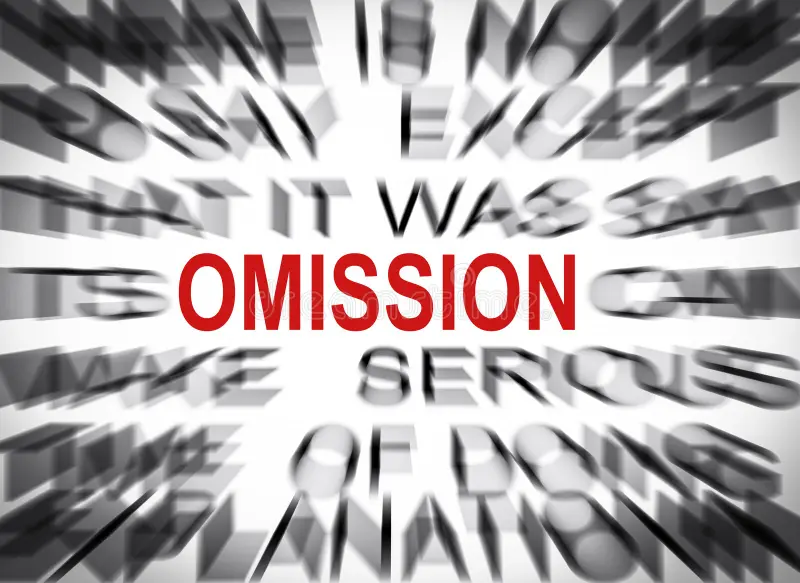
Understanding Media Bias Through Lack of Context
2025-21-04
In today’s information-rich environment, media bias often manifests not through overt falsehoods but through subtler means, such as the omission of crucial context. This “bias by omission” can significantly distort public perception, leading to misunderstandings about events, issues, and narratives.
The Nature of Contextual Bias
Context provides the background and circumstances that give meaning to information. Without it, facts can be misleading. For instance, reporting a statement without its preceding events or motivations can alter its perceived intent. As highlighted by HonestReporting, “Without a frame of reference for readers, journalists can dramatically distort the true picture.” (Honest Reporting, 2016).
Real-World Implications
The omission of context has tangible effects:
- Conflict Reporting: Coverage of conflicts, such as the Israeli–Palestinian situation, often lacks historical and geopolitical context, leading to skewed perceptions (Wikipedia, 2025).
- Social Issues: Discussions on topics like affirmative action may ignore systemic inequalities, presenting policies as reverse discrimination without acknowledging historical disparities.
- Health Reporting: During health crises, presenting statistics without context—such as infection rates without testing rates—can cause unnecessary panic or complacency.
The Psychology Behind Omission
Humans have a cognitive bias towards information that confirms existing beliefs. When media omits context, it can reinforce these biases, making individuals more susceptible to misinformation. This phenomenon underscores the importance of comprehensive reporting.

Navigating Media Bias
To mitigate the effects of contextual bias:
- Seek Multiple Sources: Diverse perspectives can provide a more rounded understanding.
- Question Headlines: Sensational headlines may omit nuances; reading full articles can offer better insight.
- Educate Yourself: Understanding the background of issues enhances critical evaluation of news.
Conclusion
In an era where information shapes opinions and decisions, recognizing and addressing media bias through lack of context is crucial. By actively seeking comprehensive information and questioning narratives, consumers can foster a more informed and balanced worldview.
